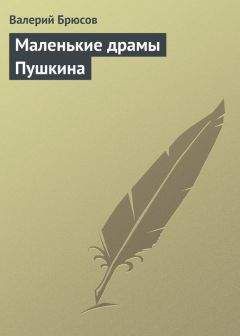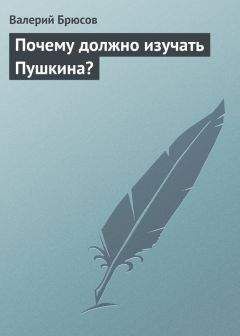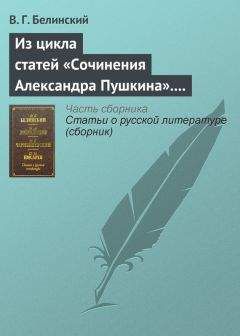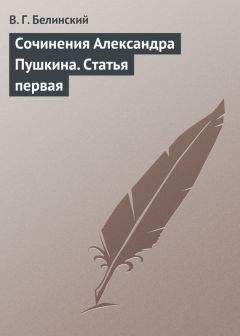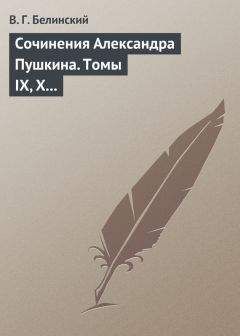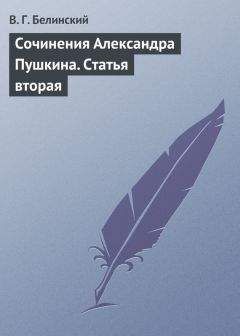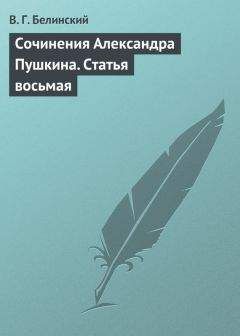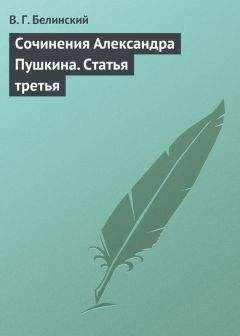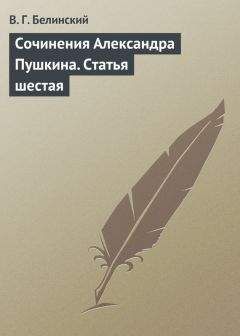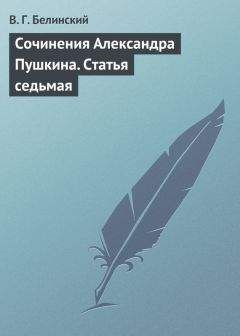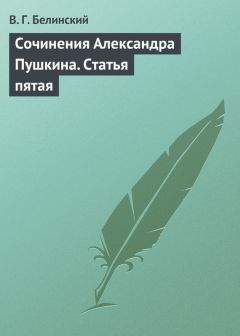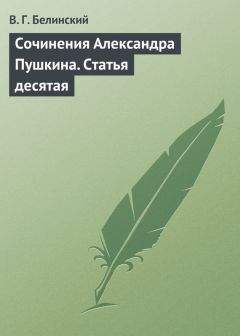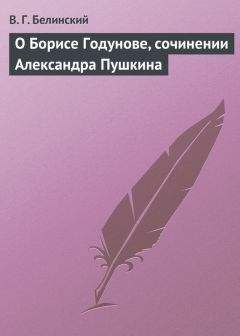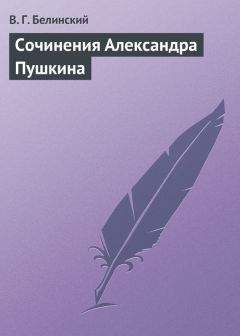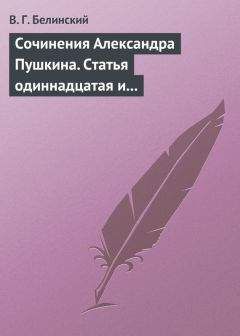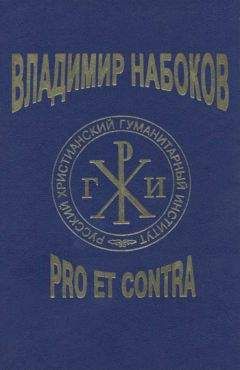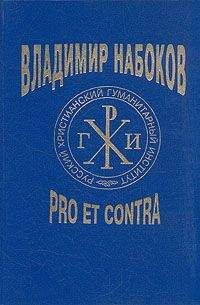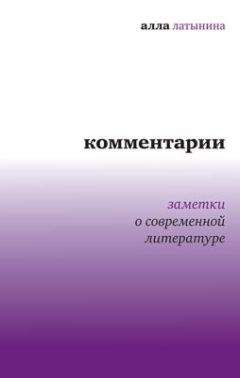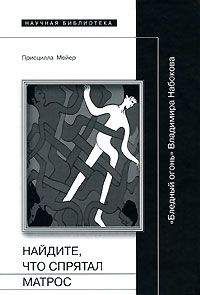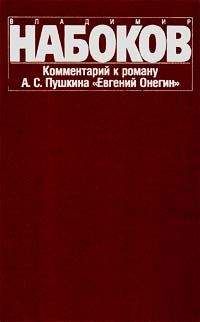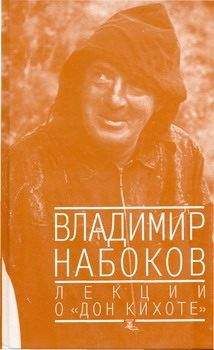Владимир Набоков - Комментарии к «Евгению Онегину» Александра Пушкина
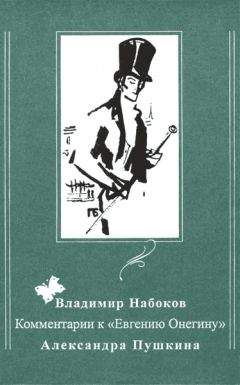
Скачивание начинается... Если скачивание не началось автоматически, пожалуйста нажмите на эту ссылку.
Жалоба
Напишите нам, и мы в срочном порядке примем меры.
Описание книги "Комментарии к «Евгению Онегину» Александра Пушкина"
Описание и краткое содержание "Комментарии к «Евгению Онегину» Александра Пушкина" читать бесплатно онлайн.
Комментарии В. В. Набокова освещают многообразие исторических, литературных и бытовых сторон романа. Книга является оригинальным произведением писателя в жанре научно-исторического комментария. Набоков обращается к «потаенным слоям» романа, прослеживает литературные влияния, связи «Евгения Онегина» с другими произведениями поэта, увлекательно повествует о тайнописи Пушкина.
Предназначена для широкого круга читателей и в первую очередь — для преподавателей и студентов гуманитарных вузов, а также для учителей и учащихся средней школы.
28. See the descriptions of the Finnish winter in Baratïnski's “Eda.” >>
29. Tomcat calls Kit
to sleep in the stove nook.
The presage of a wedding; the first song foretells death. >>
30. In this manner one finds out the name of one's future fiancé. >>
31. Reviewers condemned the words hlop [clap], molv' [parle], and top [stamp] as indifferent neologisms. These words are fundamentally Russian. “Bova stepped out of the tent for some fresh air and heard in the open country the parle of man and the stamp of steed” (“The Tale of Bova the Prince”). Hlop and ship are used in plain-folk speech instead of hlópanie [clapping] and shipénie [hissing]:
“he let out a hiss of the snaky sort”
One should not interfere with the freedom of our rich and beautiful language. >>
32. One of our critics, it would seem, finds in these lines an indecency incomprehensible to us. >>
33. Divinatory books in our country come out under the imprint of Martin Zadeck — a worthy person who never wrote divinatory books, as B. M. Fyodorov observes. >>
34. A parody of Lomonosov's well-known lines:
Aurora with a crimson hand
from morning stilly waters
leads forth with the sun after her, etc. >>
35. . . . . . . . . . . .Buyanov, my neighbor,
. . . . . . . . . . . . . . . . . . . . . . . . . . . .
called yesterday on me: mustache unshaven,
4 tousled, fluff-covered, wearing a peaked cap.
36. Our critics, faithful admirers of the fair sex, strongly blamed the indecorum of this verse. >>
37. Parisian restaurateur. >>
38. Griboedov's line. >>
39. A famous arms fabricator. >>
40. In the first edition Chapter Six ended in the following:
And you, young inspiration,
stir my imagination,
the slumber of the heart enliven,
8 into my nook more often fly,
let not a poet's soul grow cold,
callous, crust-dry,
and finally be turned to stone
12 in the World's deadening intoxication,
amidst the soulless proudlings,
amidst the brilliant fools,
amidst the crafty, the fainthearted,
crazy, spoiled children,
villains both ludicrous and dull,
4 obtuse, caviling judges;
amidst devout coquettes;
amidst the voluntary lackeys;
amidst the daily modish scenes,
8 courtly, affectionate betrayals;
amidst hardhearted vanity's
cold verdicts;
amidst the vexing emptiness
12 of schemes, of thoughts and conversations;
in that slough where with you
I bathe, dear friends! >>
41. Lyovshin, author of numerous works on rural econ omy. >>
42. Our roads are for the eyes a garden:
trees, ditches, and a turfy bank;
much toil, much glory,
4 but, sad to say, no passage now and then.
The trees that stand like sentries
bring little profit to the travelers;
the road, you'll say, is fine,
8 but you'll recall the verse: “for passers-by!”
Driving in Russia is unhampered
on two occasions only:
when our McAdam — or McEve — winter —
12 accomplishes, crackling with wrath,
its devastating raid
and with ice's cast-iron armors roads
while powder snow betimes
16 as if with fluffy sand covers the tracks;
or when the fields are permeated
with such a torrid drought
that with eyes closed a fly
20 can ford a puddle.
43. A simile borrowed from K., so well known for the playfulness of his fancy. K. related that, being one day sent as courier by Prince Potyomkin to the Empress, he drove so fast that his épée, one end of which stuck out of his carriage, rattled against the verstposts as along a palisade. >>
44. Rout [Eng.], an evening assembly without dances; means properly crowd [tolpa]. >>
FRAGMENTS OF ONEGIN'S JOURNEY
The last [Eighth] Chapter of Eugene Onegin was published [1832] separately with the following foreword:
“The dropped stanzas gave rise more than once to reprehension and gibes (no doubt most just and witty). The author candidly confesses that he omitted from his novel a whole chapter in which Onegin's journey across Russia was described. It depended upon him to designate this omitted chapter by means of dots or a numeral; but to avoid ambiguity he decided it would be better to mark as number eight, instead of nine, the last chapter of Eugene Onegin, and to sacrifice one of its closing stanzas [Eight: XLVIIIa]:
'Tis time: the pen for peace is asking
nine cantos I have written;
my boat upon the joyful shore
4 by the ninth billow is brought out.
Praise be to you, O nine Camenae, etc.
“P[avel] A[leksandrovich] Katenin (whom a fine poetic talent does not prevent from being also a subtle critic) observed to us that this exclusion, though perhaps advantageous to readers, is, however, detrimental to the plan of the entire work since, through this, the transition from Tatiana the provincial miss to Tatiana the grande dame becomes too unexpected and unexplained: an observation revealing the experienced artist. The author himself felt the justice of this but decided to leave out the chapter for reasons important to him but not to the public. Some fragments [XVI–XIX, l–10] have been published [Jan. 1, 1830, Lit. Gaz.] ; we insert them here, subjoining to them several other stanzas.”
E. [sic] Onegin drives from Moscow to Nizhni Novgorod:
[IX]
. . . . . . . . . . . . before him
Makariev bustlingly bestirs itself,
4 with its abundance seethes.
Here the Hindu brought pearls,
the European, spurious wines,
the breeder from the steppes
8 drove a herd of cast steeds,
the gamester brought his decks,
fistful of complaisant dice,
the landowner ripe daughters,
12 and daughterlings, the fashions of last year;
each bustles, lies enough for two,
and everywhere there's a mercantile spirit.
[X]
Onegin fares to Astrahan [XI], and from there to the[Caucasus:
[XII]
eroding its steep banks;
before him soars a stately eagle,
4 a deer stands, with bent horns;
the camel lies in the cliff's shade;
in meadows courses the Circassian's steed,
and round nomadic tents
8 the sheep of Kalmuks graze.
Afar [loom] the Caucasian masses.
The way to them is clear. War penetrated
beyond their natural divide,
12 across their perilous barriers.
The banks of the Arágva and Kurá
saw Russian tents.
[XIII]
Beshtú, compressed around by hills,
stands up, sharp-peaked,
4 and, showing green, Mashúk,
Mashúk, of healing streams dispenser;
around its magic brooks
a pallid swarm of patients presses,
8 the victims, some of martial honor,
some of the Piles, and some of Cypris.
In waves miraculous the sufferer
plans to make firm the thread of life.
12 To leave the wicked years' offenses at the bottom
[plans] the coquette, and the old man
[plans] to grow young — if only for a moment.
[XIV]
among their sorry tribe,
with a gaze of regret
4 looks at the smoking streams and muses,
bedimmed with rue: Why in the breast
am I not wounded by a bullet?
Why am I not a feeble oldster
8 like that poor farmer-general?
Why like a councilman from Tula
am I not lying paralyzed?
Why in the shoulder do I not
12 at least feel rheumatism? Ah, Lord,
I'm young, life is robust in me,
what have I to expect? Ennui, ennui!...
Onegin then visits the Tauris [Crimea]:
[XV]
there with Orestes argued Pylades;
there Mithridates stabbed himself;
12 there sang inspired Mickiéwicz
and in the midst of coastal cliffs
recalled his Lithuania.
[XVI]
when from the ship one sees you by the light
of morning Cypris, as I saw you
4 for the first time.
You showed yourselves to me in nuptial splendor.
Against a blue and limpid sky
shone the amassments of your mountains.
8 The pattern of valleys, trees, villages
was spread before me.
And there, among the small huts of the Tatars...
What ardency awoke in me!
12 With what magical yearnfulness
my flaming bosom was compressed!
But, Muse, forget the past!
[XVII]
within me — now they are no more:
they went or changed....
4 Peace unto you, turmoils of former years!
To me seemed needful at the time
deserts, the pearly rims of waves,
and the sea's rote, and piles of rocks,
8 and the ideal of “proud maid,”
and nameless pangs.
Other days, other dreams;
you have become subdued,
12 my springtime's high-flung fancies,
and unto my poetic goblet
I have admixed a lot of water.
[XVIII]
Подписывайтесь на наши страницы в социальных сетях.
Будьте в курсе последних книжных новинок, комментируйте, обсуждайте. Мы ждём Вас!
Похожие книги на "Комментарии к «Евгению Онегину» Александра Пушкина"
Книги похожие на "Комментарии к «Евгению Онегину» Александра Пушкина" читать онлайн или скачать бесплатно полные версии.
Мы рекомендуем Вам зарегистрироваться либо войти на сайт под своим именем.
Отзывы о "Владимир Набоков - Комментарии к «Евгению Онегину» Александра Пушкина"
Отзывы читателей о книге "Комментарии к «Евгению Онегину» Александра Пушкина", комментарии и мнения людей о произведении.





